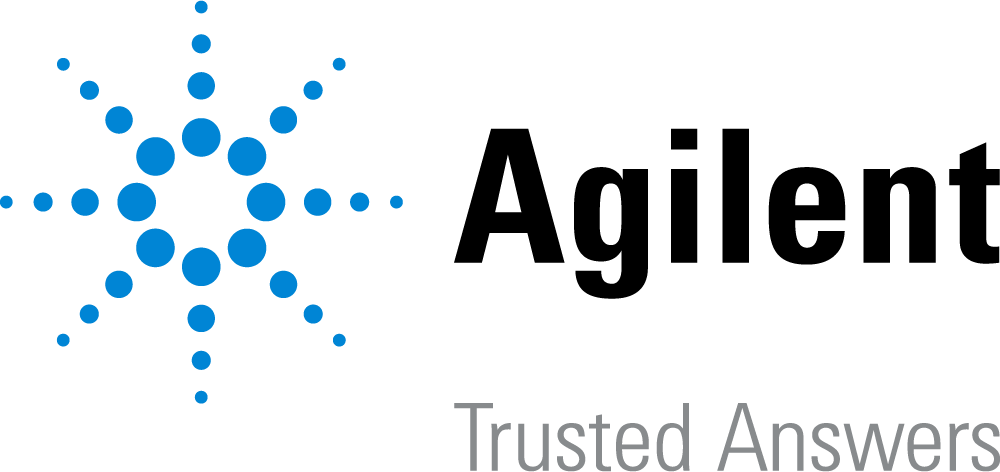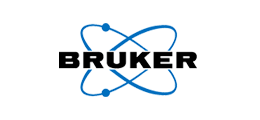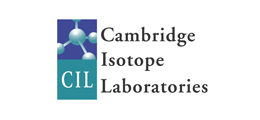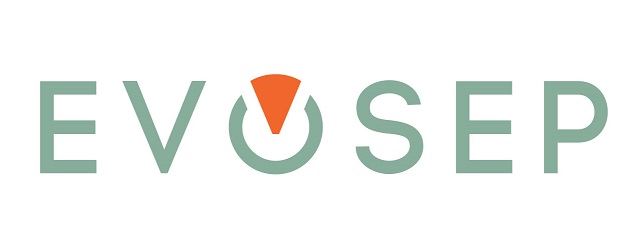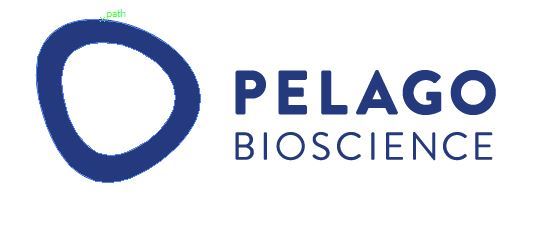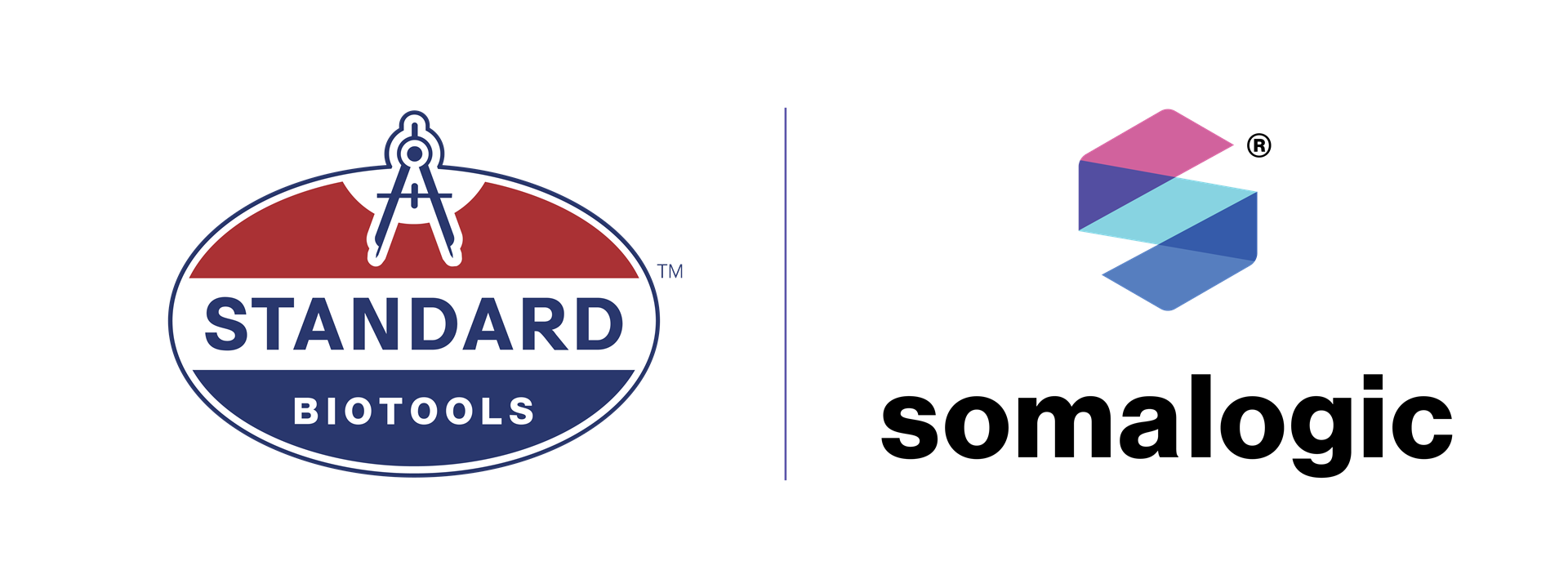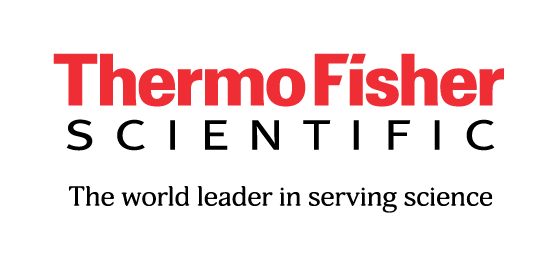|
Human Immuno-Peptidome Project (HIPP) Elections Results |
The new Chair and co-Chair of the Human Immunopeptidome Project (HIPP) initiative are Michal Bassani-Sternberg and Nicola Ternette, respectively. We sincerely thank all the HIPP members how participate in the elections. HIPP Chair and Co-Chair Candidates 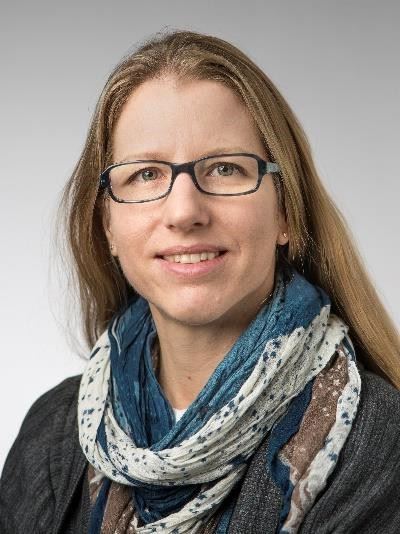 Michal Bassani-Sternberg Michal Bassani-SternbergI graduated Biology at the Technion - Israel Institute of Technology. I further specialized in Immunopeptidomics as a PhD student in the lab of Prof. Arie Admon and then as a postdoctoral fellow at the Proteomics and Signal Transduction department, at the Max Planck Institute of Biochemistry, Germany directed by Prof. Matthias Mann. Since 2015, I am a group leader at the Ludwig Institute for Cancer Research, Lausanne branch, where I head the Immunopeptidomics Unit at the Department of Oncology at the Lausanne university Hospital. I lead an interdisciplinary research group specializing in immunopeptidomics and proteogenomics for development of cancer immunotherapies, comprising 12 members, with expertise in mass spectrometry, cancer immuno-biology, bioinformatics and bioengineering. We embark fundamental and translational research around the cancer immunopeptidomics. In addition, we participate in phase I clinical trials where we employ our established pipelines for neoantigen identification, selection and vaccine design. The lab is qualified for exploratory clinical immunotherapy programs, following GCLP and ethics requirement of the Swiss regulatory authorities. In the last 4 years I co-chaired the HIPP initiative together with Etienne Caron and co-organized several of the recent HIPP activities, including the 1st HUPO-HIPP workshop in Zurich 2017 and the 1st HIPP Summer School in Madrid in 2018. I lead the publication of the minimal information about an immuno‐ peptidomics experiment (MIAIPE) guidelines as a community effort. Since 2019, I am a member of the Executive Committee of the LS2 Section Proteomics (known as the Swiss Proteomics Society) and since 2020, I also serve a member of the Executive Committee of the Biology/Disease-driven Human Proteome Project (B/D-HPP) at HUPO. I have authored and co-authored over 40 peer-reviewed publications mainly on immunopeptidomics related research. In 2019, I received the Molecular and Cellular Proteomics Lectureship Award, at the 13TH International Symposium on Mass Spectrometry in the Health and Life Science. In 2020, I was awarded with the competitive Swiss Cancer League and the Swiss National Science Foundation SNSF-PRIMA research grants. The international immunopeptidomics research community is rapidly growing and evolving. It is time to strengthen the HIPP. Old techniques and approaches should be replaced with innovative and interdisciplinary solutions. I am aspiring to continue and play a significant role in leading the HIPP initiative, this time together with a highly engaged team. If elected, my immediate mission will be to establish the HIPP Execution Committee and to ensure that HIPP operates in an inclusive and transparent way. Together, we will develop a plan of action for the HIPP community for the coming years, with emphasis on education (summer school, online forum for direct exchanges), multi- laboratories and interdisciplinary collaborations for optimizing solutions for immunopeptidomics (sample preparation, MS measurement, data analysis and data sharing). This would allow us to establish tight bridges with industry, foundations and with other initiatives at the B-D/HPP and HUPO and to increase the visibility and productivity of the HIPP community.
Following my post-graduate studies in optimizing DNA vaccines for Respiratory Syncytial Virus (RSV) at the Institute for Molecular and Medical Virology in Bochum, Germany, I moved to the University of Oxford, UK, and specialized in sequencing of Human leukocyte antigen (HLA)-associated peptidomes by LC-MS. My main focus at the time while working at the Jenner Institute was the antigen discovery in Human Immunodeficiency virus (HIV-1) infection for improved vaccine design. In 2016, I established the Antigen Discovery Group, which is now a team of 10 scientists working on projects based around immunopeptidomics. Our current research ranges from infectious and autoimmune diseases to cancer, and we are also increasingly working together with industry on projects with immediate translational trajectories. In the past 2-3 years, we have expanded our expertise in cancer research and established novel workflows to analyse MS data both using de novo sequencing as well as proteogenomics approaches in order to assess non-conventional tumour-specific antigens for the development of tumour-targeted immunotherapies. This includes the assessment of proteasome-catalysed peptide splicing and peptide antigens from non-conventional sources in the genome. My previous involvement with the HUPO Immunopeptidome Project was through co- organisation of the 2018 HUPO-HIPP Summer School in Madrid, and my team would be delighted to host the next Summer School here in Oxford. We are further seeking to expand communication within the HUPO-HIPP community, and are eager to work on the development of suitable standards and benchmarks for the field. Finally, we would be keen to coordinate a comparative study to evaluate data quality across immunopeptidomics laboratories around the globe. |

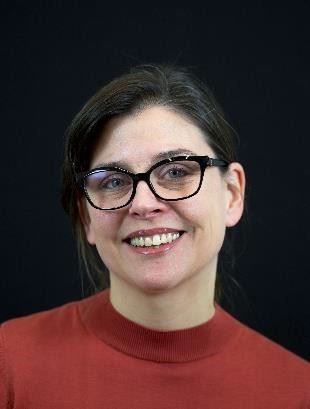 Nicola Ternette
Nicola Ternette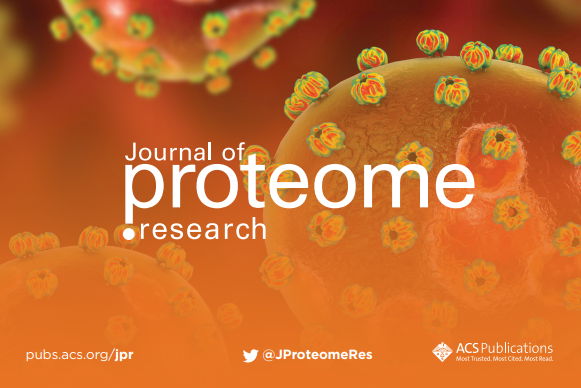
.png)
